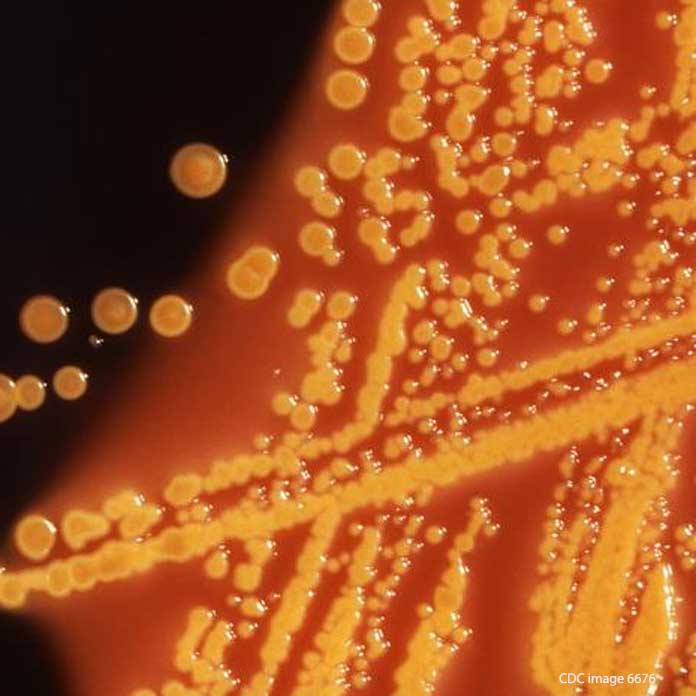An outbreak of Shiga toxin-producing E. coli (STEC) in Chicago has been linked to Carbón Live Fire Mexican Grill located at 300 W. 26th Street, according to the Chicago Department of Public Health (CDPH). At least 65 people have been sickened, 20 of whom have been hospitalized. Our E. coli lawyers are representing several people sickened in this outbreak.

Following a request from CDPH, Carbón closed voluntarily.
CDPH recommends anyone who recently ate at the implicated restuarant, Carbón Live Fire Mexican Grill, and is suffering symptoms of an E. coli infection to see a medical provider for testing. One of the leading symptoms caused by STEC is diarrhea, including bloody diarrhea, which is a sign of hemorrhagic colitis. Other symptoms include severe abdominal pain, nausea and, in some cases, low-grade fever. Low urine output is a sign of hemolytic uremic syndrome (HUS), a severe complication that causes kidney failure.
Chicago area physicians have been alerted to the outbreak by CDPH and told the following:
- If STEC is suspected, a specimen (stool sample) should be submitted for testing;
- Antibiotics and anti-diarrheal medicines should not be used to treat STEC as they may worsen symptoms; and
- Chicago providers must report diagnosed cases to the Chicago Department of Public Health.
“Anyone who believes they may be symptomatic and ate at this restaurant should see their medical provider immediately. CDPH is taking every precaution as part of our robust response in order to limit the impact of this outbreak,” said CDPH Commissioner Julie Morita, M.D.
E. coli outbreaks linked to restaurants are caused by contaminated food, contaminated water, or a sick food handler.
Possible food sources include contaminated beef that is undercooked, unpasteurized juice or milk, cheese made out of raw milk and raw produce, including (but not limited to) sprouts, spinach, lettuce, cilantro and strawberries. In addition, there is currently a massive recall of flour due to possible E. coli contamination.
STEC can be transmitted through consumption of contaminated foods including undercooked beef, unpasteurized juice, raw milk and unwashed, raw produce. The menu items responsible for this outbreak have not yet been identified and the investigation is ongoing. Health officials continue to be onsite at the 300 W. 26th Street location and are also interviewing patients to rule out other possible exposures.